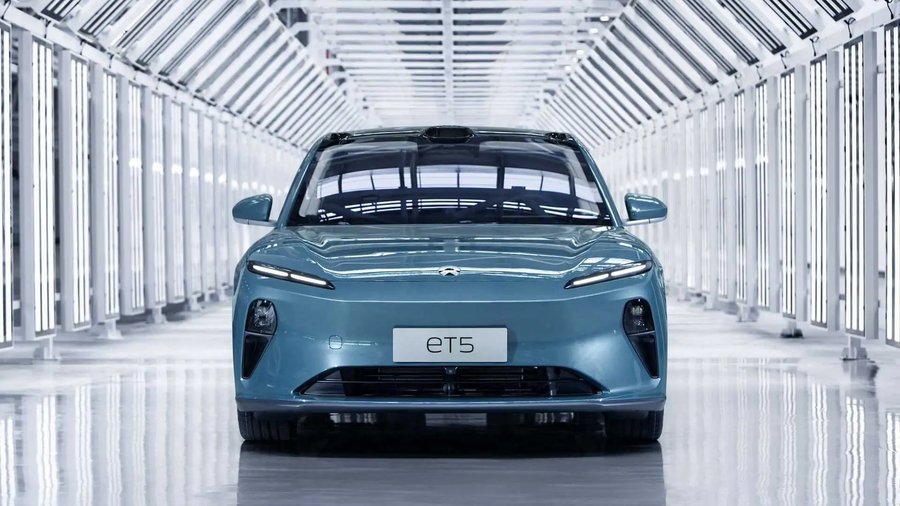Transitioning from a century-old gas car industry into one that relies on electricity and other alternative fuels was never going to be smooth. This shift is proving to be more turbulent than anticipated in China, the world’s largest EV and passenger car market.
The latest indicator of stress in the fiercely competitive Chinese EV market is the time brands are taking to pay their suppliers. According to data from Bloomberg, Nio took nearly 300 days to clear its dues towards the end of 2023, compared to 197 days in 2021. Similarly, Xpeng was taking an average of 221 days to pay its bills.
By contrast, Tesla only takes about 101 days to pay off its obligations. That timeframe has remained largely unchanged over the past three years.
The prolonged payment cycles reflect the pressure many Chinese automakers are facing. Some 200 EV brands are jostling for a share of the market and only a few are expected to survive by the end of the decade. What was once a rapidly expanding EV market is now facing weaker demand, which automakers are countering with aggressive price cuts.
There are ongoing concerns about overcapacity in China. Hundreds of Chinese EVs have clogged European ports due to a mix of cooling demand and difficulty in securing onward commercial transportation. It’s unclear whether brands were able to move their EVs from these ports since the Financial Times first broke the news in April.
Major suppliers might be able to absorb this pressure, but how the smaller players deal with delayed payments remains to be seen.
Related News

